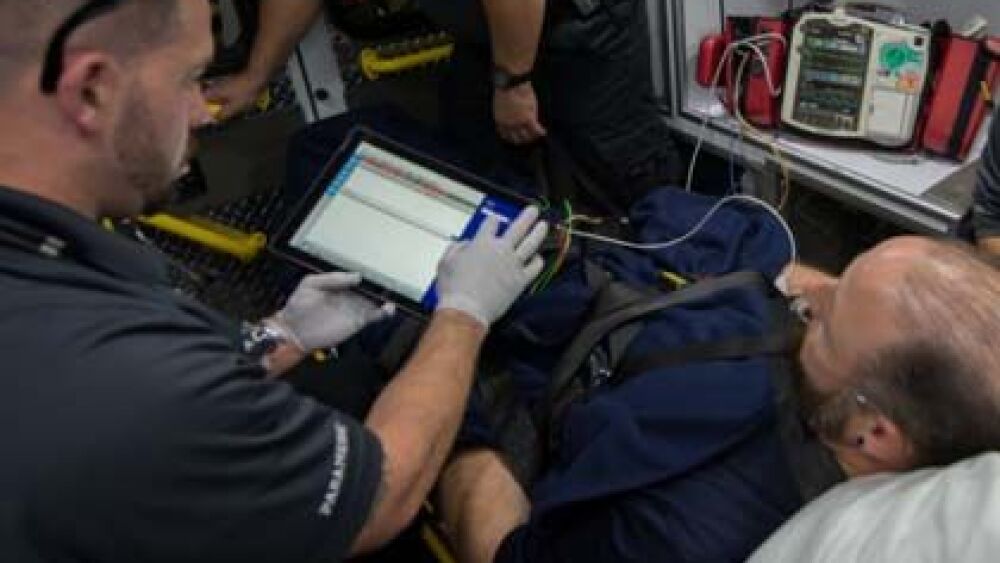Our patient had fallen from his roof. He was supine on his driveway with C-spine stabilization, held by an emergency medical responder. The patient was awake, oriented and had normal vitals. In addition to asking OPQRST questions about pain, I wanted to learn if he had any associated symptoms of a spinal cord injury.
The patient denied:
- Loss of consciousness
- Neck pain
- Spinal column pain
- Sensory deficit
- Motor function deficit
We expected to find associated signs in the presence of a specific traumatic injury or medical illness. If a spinal cord injury had occurred, I would have expected spinal column pain, sensory deficit, and/or motor deficit. He had none. Instead, I had a list of pertinent negatives, which are findings I checked for, but were not present.
Consider these possible associated signs or pertinent negatives for a patient with an abdominal pain complaint:
- Fever
- Blood in stool or urine
- Persistent diarrhea
- Persistent vomiting
- Inability to empty bladder or bowels
- Specific pain location
- Radiating pain
Remember use OPQRST to start a conversation about pain. Ask additional questions to seek out pertinent negatives or associated symptoms.
This article, originally published May 11, 2009, has been updated



